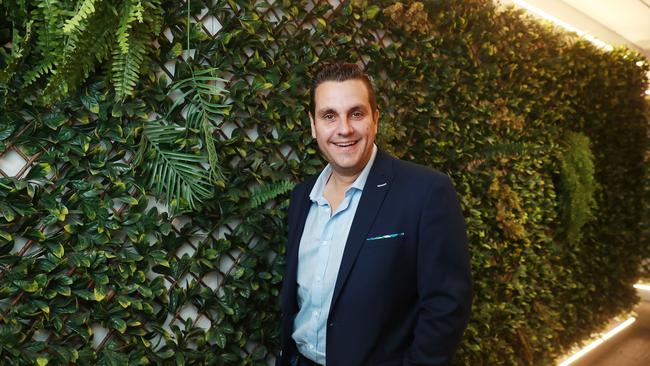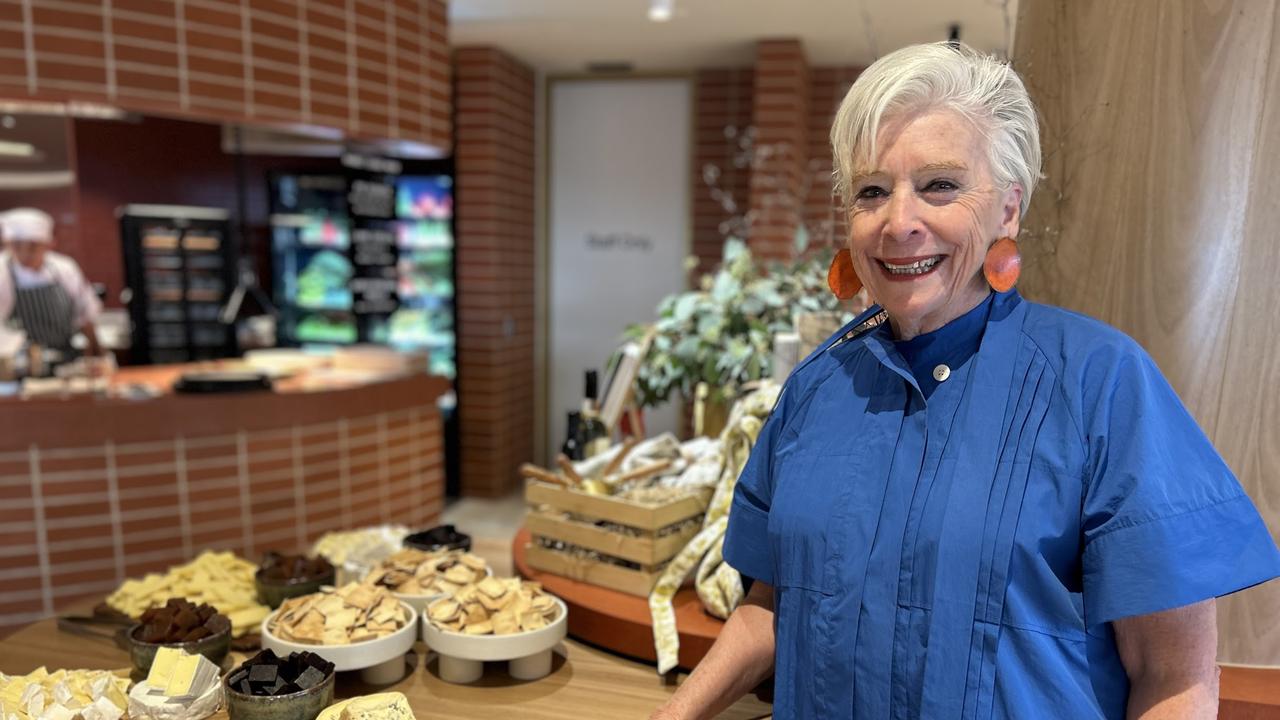Fashion chain owner Mosaic Brands says it will swing back to profitability in 2023
Mosaic Brands’ typically older shoppers kept away from stores through the pandemic but they are now back shopping up a storm undeterred by higher interest rates.

Fashion chain owner Mosaic Brands – whose share price slid 55 per cent last year when it warned it would book large losses for 2022 as older customers kept away from stores – says it now expects to swing back to profitability for 2023 as it put the havoc of Covid-19 in the “rear view mirror”.
Mosaic owns a range of fashion stores under brands such as Millers, Noni B, Katies, Rivers and Autograph and said its customers were returning to its stores and jumping online to boost its same-store sales through fiscal 2023.
The upbeat news and outlook sent Mosaic Brands shares rocketing 80 per cent to 29c and at noon the shares were up 4.5c, or 28.13 per cent, at 20.5c. The stock later closed up 3c at 19c.
And despite rising interest rates the core customer base of Mosaic Brands were still shopping as the retailer’s traditional older demographic is less sensitive to rising mortgage bills.
In a trading update to the market Mosaic said it now expects around $17m in earnings before interest, tax, depreciation and amortisation for fiscal 2023 – a $33m turnaround to the prior financial year loss of $16m.
Mosaic said this result had been achieved in an environment where the group had absorbed increased costs of purchasing goods, higher logistics costs and an unfavourable US dollar. Store-only comparable sales finished the year at up 9.6 per cent compared to the previous corresponding period with online sales down 6 per cent – almost entirely on third-party vendor sales.
“As one of the most impacted retailers throughout the Covid pandemic, it is great to see it well and truly in the rear-view mirror,” said Mosaic chief executive Scott Evans. “Our customers are back in-store and staying online,” he said
While the group remains cautious for 2024, it entered the new financial year with its cost base in the strongest position in over four years, as Covid related costs fall, Mr Evans said. “As just one example, in the midst of Covid logistics costs rose by approximately $9m due to container costs – now what would have cost $10,000 per container has fallen back to under $500,” said Mr Evans.
Store only comparative sales were up 11.9 per cent in the first half of the financial year on the previous corresponding period and up 7.6 per cent in the second half, as Reserve Bank measures to manage inflation began to bite.
“Our customers are not immune to the inflationary and interest rate pressures in the economy, but neither are they most exposed to them,” said Mr Evans.
“Clearly over-50 consumers have become more cautious in the last six months, but they are still spending,” he said.
The retailer expects to report total sales of around $519m when it reports on its full-year audited result next month, up 6.2 per cent on 2022.




To join the conversation, please log in. Don't have an account? Register
Join the conversation, you are commenting as Logout